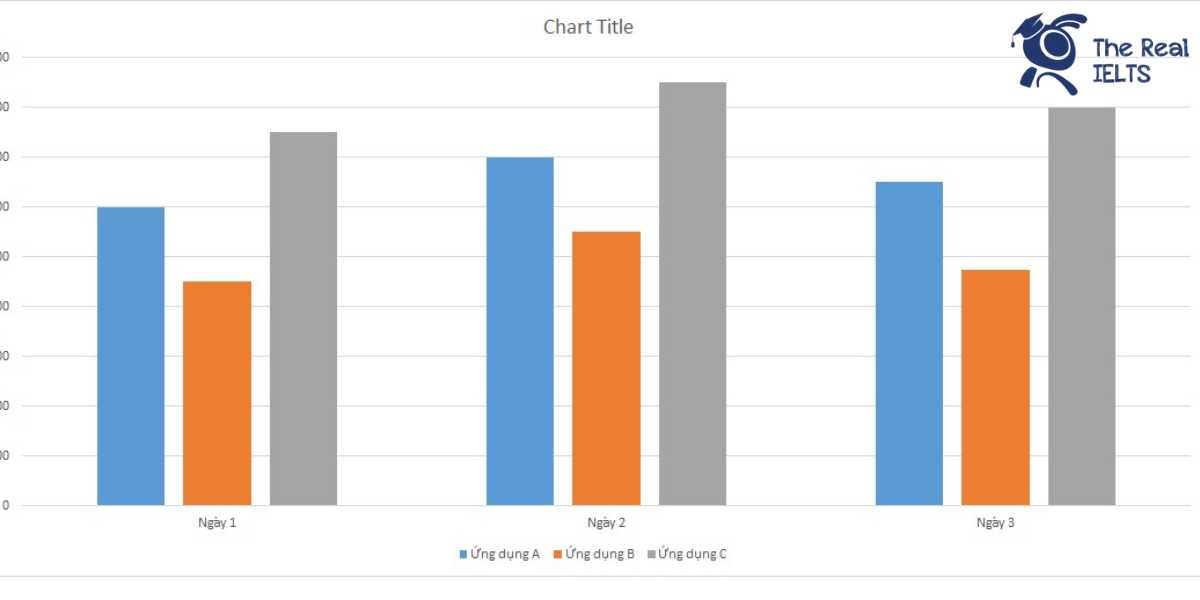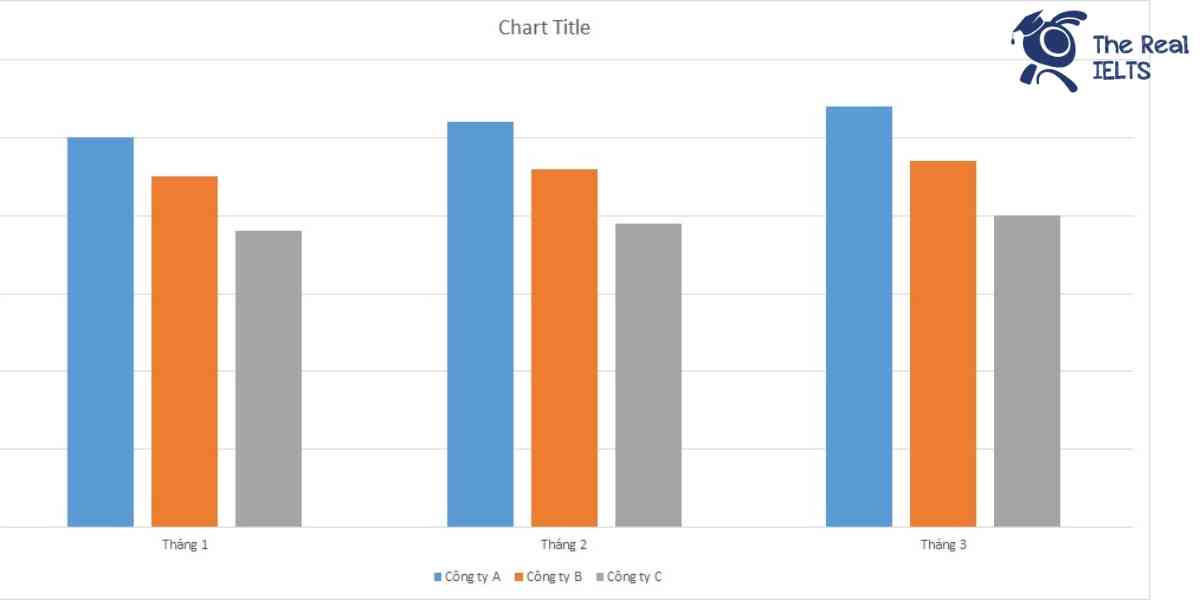Đề bài IELTS Writing task 2 dạng dạng Advantages and Disadvatages: Globalization
You should spend about 40 minutes on this task
The impact of globalization on local cultures and economies. Do the advantages of this outweigh the disadvantages?
Write at least 250 words.
Bài mẫu IELTS Writing Task 2 dạng Advantages and Disadvatages: Globalization
Introduction
Globalization, the process of increased interconnectedness and interdependence among countries, has significantly influenced local cultures and economies. While some argue that globalization brings substantial benefits, others believe it poses serious threats to cultural diversity and economic stability. This essay will explore both sides of the argument, ultimately asserting that the advantages of globalization outweigh the disadvantages.
Body Paragraph 1 (Advantages)
One of the primary advantages of globalization is the enhancement of economic growth. Through globalization, countries gain access to international markets, allowing them to trade goods and services more freely. This increased trade leads to higher economic output, job creation, and improved standards of living. For instance, countries like China and India have experienced remarkable economic growth due to their integration into the global market.
Another significant benefit of globalization is the exchange of knowledge and technology. Globalization facilitates the transfer of technology and innovation from developed to developing countries, enabling the latter to modernize their industries and improve efficiency. For example, the widespread adoption of mobile technology in Africa has been accelerated by globalization, significantly improving communication and access to information across the continent.
Body Paragraph 2 (Disadvantages)
However, globalization also has its drawbacks, particularly its impact on local cultures. As global cultural products, such as music, movies, and fashion, become dominant, traditional customs and practices may be overshadowed or lost. This cultural homogenization can lead to a loss of identity for smaller communities. An example of this can be seen in the widespread influence of Western culture, which has led to the erosion of indigenous traditions in many parts of the world.
Another disadvantage of globalization is the economic disparity it can create. While some countries and individuals benefit from globalization, others may be left behind, exacerbating income inequality. For instance, while multinational corporations profit immensely from global markets, small local businesses often struggle to compete, leading to their decline and contributing to economic inequality within and between countries.
Conclusion
In summary, while globalization offers significant advantages, such as economic growth and the exchange of knowledge, it also presents challenges, including cultural homogenization and economic inequality. However, the benefits of globalization, particularly in terms of economic development and technological advancement, outweigh the disadvantages. Therefore, globalization should be embraced, with efforts made to mitigate its negative impacts on local cultures and economies.
Thống kê cấu trúc câu và cấu trúc ngữ pháp
1. Câu Giới Thiệu (Introduction)
- Câu 1: Globalization, the process of increased interconnectedness and interdependence among countries, has significantly influenced local cultures and economies.
- Cấu trúc: Câu phức, chứa một mệnh đề chính và một mệnh đề bổ nghĩa.
- Cấu trúc ngữ pháp: Present perfect, present participle.
- Câu 2: While some argue that globalization brings substantial benefits, others believe it poses serious threats to cultural diversity and economic stability.
- Cấu trúc: Câu phức với mệnh đề chính và mệnh đề phụ.
- Cấu trúc ngữ pháp: Present simple, present simple.
- Câu 3: This essay will explore both sides of the argument, ultimately asserting that the advantages of globalization outweigh the disadvantages.
- Cấu trúc: Câu phức, chứa một mệnh đề chính và một mệnh đề phụ.
- Cấu trúc ngữ pháp: Future simple, present simple.
2. Đoạn Thân Bài 1 (Body Paragraph 1: Advantages)
- Câu 1: One of the primary advantages of globalization is the enhancement of economic growth.
- Cấu trúc: Câu đơn.
- Cấu trúc ngữ pháp: Present simple.
- Câu 2: Through globalization, countries gain access to international markets, allowing them to trade goods and services more freely.
- Cấu trúc: Câu phức, chứa một mệnh đề chính và một mệnh đề phụ.
- Cấu trúc ngữ pháp: Present simple, present participle.
- Câu 3: This increased trade leads to higher economic output, job creation, and improved standards of living.
- Cấu trúc: Câu đơn.
- Cấu trúc ngữ pháp: Present simple.
- Câu 4: For instance, countries like China and India have experienced remarkable economic growth due to their integration into the global market.
- Cấu trúc: Câu phức, chứa một mệnh đề chính và một mệnh đề phụ.
- Cấu trúc ngữ pháp: Present perfect, present simple.
- Câu 5: Another significant benefit of globalization is the exchange of knowledge and technology.
- Cấu trúc: Câu đơn.
- Cấu trúc ngữ pháp: Present simple.
- Câu 6: Globalization facilitates the transfer of technology and innovation from developed to developing countries, enabling the latter to modernize their industries and improve efficiency.
- Cấu trúc: Câu phức, chứa một mệnh đề chính và một mệnh đề phụ.
- Cấu trúc ngữ pháp: Present simple, present participle.
- Câu 7: For example, the widespread adoption of mobile technology in Africa has been accelerated by globalization, significantly improving communication and access to information across the continent.
- Cấu trúc: Câu phức, chứa một mệnh đề chính và một mệnh đề phụ.
- Cấu trúc ngữ pháp: Present perfect, present participle.
3. Đoạn Thân Bài 2 (Body Paragraph 2: Disadvantages)
- Câu 1: However, globalization also has its drawbacks, particularly its impact on local cultures.
- Cấu trúc: Câu đơn.
- Cấu trúc ngữ pháp: Present simple.
- Câu 2: As global cultural products, such as music, movies, and fashion, become dominant, traditional customs and practices may be overshadowed or lost.
- Cấu trúc: Câu phức, chứa một mệnh đề chính và một mệnh đề phụ.
- Cấu trúc ngữ pháp: Present simple, modal verb (may).
- Câu 3: This cultural homogenization can lead to a loss of identity for smaller communities.
- Cấu trúc: Câu đơn.
- Cấu trúc ngữ pháp: Present simple.
- Câu 4: An example of this can be seen in the widespread influence of Western culture, which has led to the erosion of indigenous traditions in many parts of the world.
- Cấu trúc: Câu phức, chứa một mệnh đề chính và một mệnh đề phụ.
- Cấu trúc ngữ pháp: Present perfect, present simple.
- Câu 5: Another disadvantage of globalization is the economic disparity it can create.
- Cấu trúc: Câu đơn.
- Cấu trúc ngữ pháp: Present simple.
- Câu 6: While some countries and individuals benefit from globalization, others may be left behind, exacerbating income inequality.
- Cấu trúc: Câu phức, chứa một mệnh đề chính và một mệnh đề phụ.
- Cấu trúc ngữ pháp: Present simple, modal verb (may).
- Câu 7: For instance, while multinational corporations profit immensely from global markets, small local businesses often struggle to compete, leading to their decline and contributing to economic inequality within and between countries.
- Cấu trúc: Câu phức, chứa một mệnh đề chính và một mệnh đề phụ.
- Cấu trúc ngữ pháp: Present simple, present participle.
4. Kết Luận (Conclusion)
- Câu 1: In summary, while globalization offers significant advantages, such as economic growth and the exchange of knowledge, it also presents challenges, including cultural homogenization and economic inequality.
- Cấu trúc: Câu phức, chứa một mệnh đề chính và một mệnh đề phụ.
- Cấu trúc ngữ pháp: Present simple.
- Câu 2: However, the benefits of globalization, particularly in terms of economic development and technological advancement, outweigh the disadvantages.
- Cấu trúc: Câu phức.
- Cấu trúc ngữ pháp: Present simple.
- Câu 3: Therefore, globalization should be embraced, with efforts made to mitigate its negative impacts on local cultures and economies.
- Cấu trúc: Câu phức.
- Cấu trúc ngữ pháp: Present simple, passive voice.
Các từ vựng tiếng Anh cần lưu ý trong bài viết
1. Globalization (n)
- Định nghĩa: Quá trình mà các quốc gia, công ty, và con người trở nên liên kết chặt chẽ hơn trên toàn cầu qua trao đổi kinh tế, văn hóa, và xã hội.
- Ví dụ trong bài: “Globalization, the process of increased interconnectedness and interdependence among countries, has significantly influenced local cultures and economies.”
2. Interconnectedness (n)
- Định nghĩa: Tình trạng mà các hệ thống, tổ chức hoặc quốc gia có liên hệ chặt chẽ với nhau và phụ thuộc lẫn nhau.
- Ví dụ trong bài: “Globalization, the process of increased interconnectedness and interdependence among countries…”
3. Economic growth (n)
- Định nghĩa: Sự tăng trưởng về quy mô và hiệu suất của một nền kinh tế, thường đo lường qua GDP (Tổng sản phẩm quốc nội).
- Ví dụ trong bài: “One of the primary advantages of globalization is the enhancement of economic growth.”
4. Cultural diversity (n)
- Định nghĩa: Sự đa dạng về văn hóa trong một xã hội, bao gồm các phong tục, truyền thống, ngôn ngữ, và các hình thức nghệ thuật khác nhau.
- Ví dụ trong bài: “…others believe it poses serious threats to cultural diversity and economic stability.”
5. Trade (v/n)
- Định nghĩa: Hành động trao đổi hàng hóa hoặc dịch vụ giữa các quốc gia hoặc các bên.
- Ví dụ trong bài: “This increased trade leads to higher economic output, job creation, and improved standards of living.”
6. Knowledge and technology exchange (n)
- Định nghĩa: Sự trao đổi hoặc chia sẻ thông tin, kỹ năng, và công nghệ giữa các quốc gia hoặc tổ chức.
- Ví dụ trong bài: “Another significant benefit of globalization is the exchange of knowledge and technology.”
7. Cultural homogenization (n)
- Định nghĩa: Quá trình mà các nền văn hóa trở nên đồng nhất, thường do ảnh hưởng của văn hóa chi phối hoặc toàn cầu hóa.
- Ví dụ trong bài: “This cultural homogenization can lead to a loss of identity for smaller communities.”
8. Economic disparity (n)
- Định nghĩa: Sự chênh lệch lớn về thu nhập, tài sản hoặc cơ hội kinh tế giữa các nhóm người hoặc quốc gia khác nhau.
- Ví dụ trong bài: “Another disadvantage of globalization is the economic disparity it can create.”
9. Income inequality (n)
- Định nghĩa: Sự bất bình đẳng về thu nhập giữa các cá nhân hoặc nhóm trong một xã hội.
- Ví dụ trong bài: “…others may be left behind, exacerbating income inequality.”
10. Multinational corporations (n)
- Định nghĩa: Các tập đoàn hoặc công ty hoạt động ở nhiều quốc gia khác nhau.
- Ví dụ trong bài: “For instance, while multinational corporations profit immensely from global markets, small local businesses often struggle to compete.”
11. Indigenous traditions (n)
- Định nghĩa: Các truyền thống, phong tục, và giá trị văn hóa của các cộng đồng bản địa hoặc dân tộc thiểu số.
- Ví dụ trong bài: “…which has led to the erosion of indigenous traditions in many parts of the world.”
12. Mitigate (v)
- Định nghĩa: Giảm nhẹ, làm dịu hoặc giảm bớt tác động của một vấn đề.
- Ví dụ trong bài: “…with efforts made to mitigate its negative impacts on local cultures and economies.”
Đọc thêm về bài viết gợi ý luyện thi IELTS.















